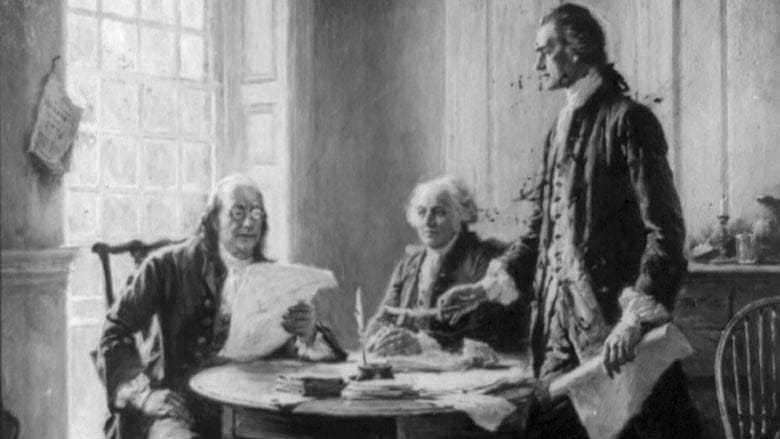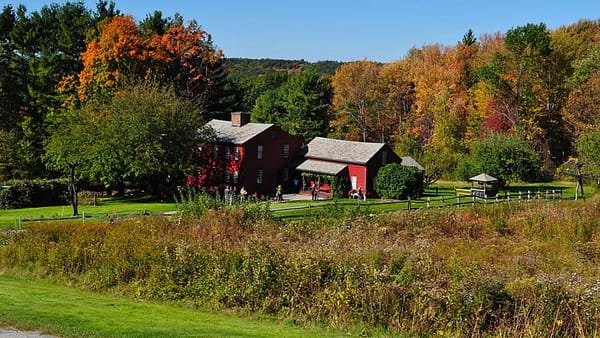No. 8: John Adams and Thomas Jefferson

OK, he wasn't exactly from Boston, but John Adams (along with his second-cousin Samuel Adams) was among the most famous denizens of the city during and after the American Revolution. John, born in a part of Braintree that is now Quincy, was among the Founding Fathers who rose to become president. Another, Thomas Jefferson, shared that distinction. While friends, they fought pitched political battles for the infant nation's top job following George Washington's second term as president (Adams won), and then again four years later in 1800, when Jefferson prevailed. The men had different political views: Jefferson was a Democratic Republican; Adams was a Federalist. Both outlived many of their peers, and oddly, both died on the same day: July 4, 1826, exactly 50 years after both signed the Declaration of Independence. Adams' last words were, "Jefferson still survives," unaware that his longtime friend and rival had died only hours before at Monticello, his home in Charlottesville, Virginia. Today, Bostonians can toast the famous founders with either a locally produced Samuel Adams brew or a Thomas Jefferson's Tavern Ale from Philadelphia.

